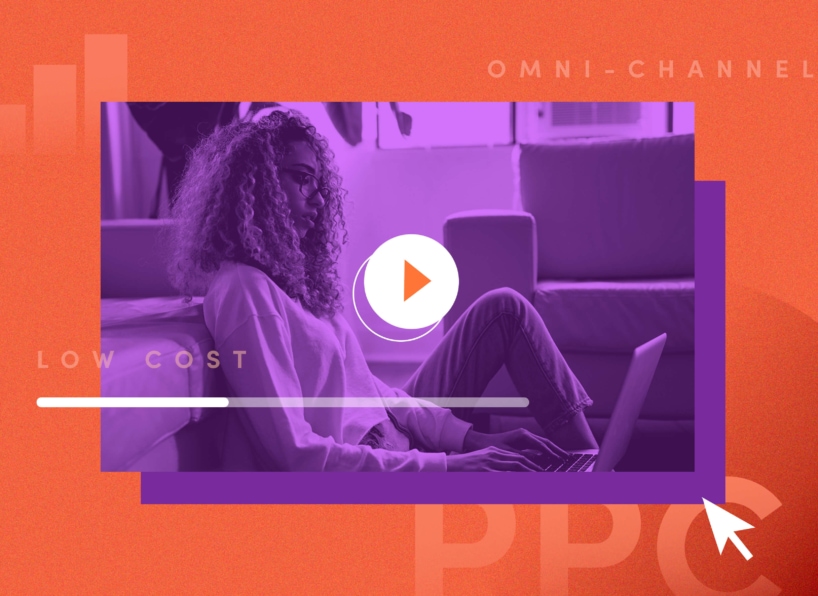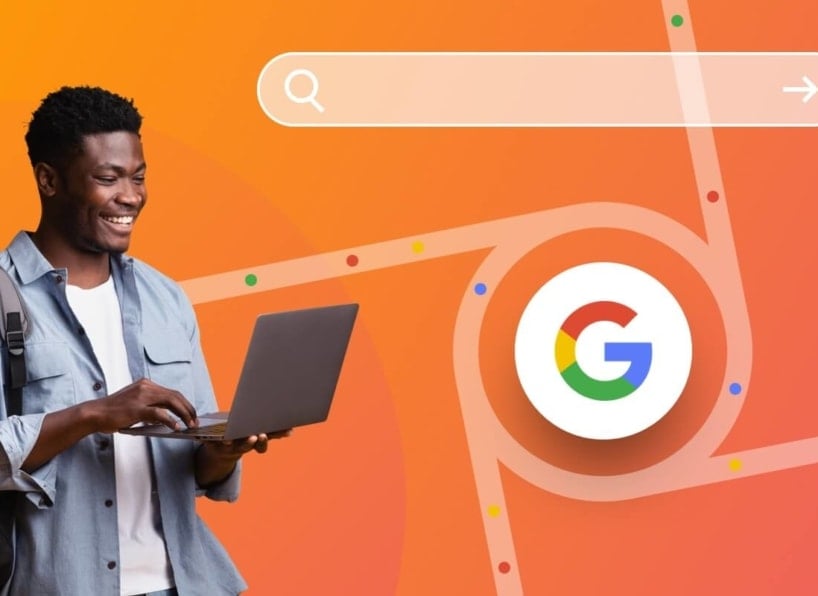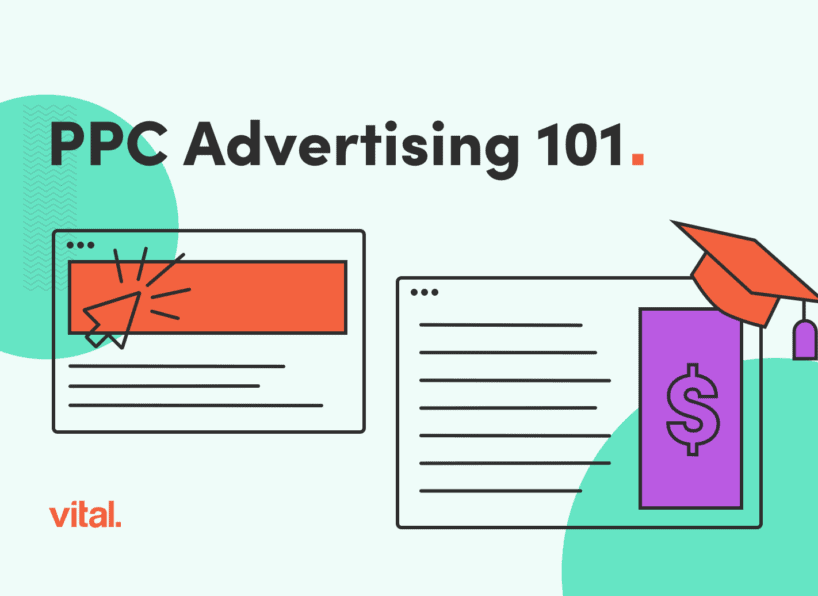To create a winning pay-per-click advertising (PPC) strategy, you need the brains of a hardcore digital marketing nerd, the creativity of an artist, and the heart of a warrior.
I’m only half kidding.
Every year, PPC gets more and more competitive. In 2022, 98% of marketers reported some level of spending on Google paid ads, according to a PPC Survey. That’s a lot of sharks in the water. And, by its very nature, running a successful PPC campaign requires constant attention and adjustment to keep up with changing trends in audience behavior and technology innovation — like Google’s latest and greatest campaign offering, Performance Max.
Get it right, and you get a lot of new leads and/or customers for a tiny fraction of their value to your business.
Get it wrong, and you can tank a big chunk of your digital marketing budget pretty quickly.
So let’s talk about one way to increase your chances of getting it right.
4 Reasons to Run Video PPC Ads
Using video in your paid ads can pay off, big time. Here are some reasons why:
1. Omni-channel is where it’s at.
Yes, keyword-based search ads are still the bread and butter of an effective PPC strategy. But to keep up with the competition, you need your brand to show up in more places than just Google’s search engine results page (SERP). These days, omni-channel brand interactions are table stakes. You need to be present in many places for people to see and interact with your brand. That means YouTube and paid social, two places where video ads rule.
2. Your audience loves to watch videos.
Video is the most engaging format for consuming information from brands, according to HubSpot. Just look at the exploding popularity of TikTok, YouTube, Instagram Reels, and other video-based social platforms over the last several years. When you’re creating an interruptive interaction (a.k.a. an ad), you’d better make it engaging — and video does just that.
3. Video delivers clicks for cheap, and eyeballs for even cheaper.
PPC video ads have an insanely low cost per click rate — anywhere from $0.10 to $0.30 for a YouTube ad, for example — and for the time being, you don’t have to pay at all if people watch your video without clicking. (Read that again.) Note that in the near future, Google will start charging for “engaged views,” where people watch a given percentage of your video without clicking, but the payoff is still huge.
4. Your competition is probably sleeping on video PPC ads.
Even with all the benefits of running video ads, video is still highly underutilized by many brands. That means you can more easily be the coolest brand in the room, just by showing up. Less competition also means lower costs. (See above).
Video PPC Mini Case Study
A Vital client has spent $20,000 on video ads this year to date. This spend has rewarded them with 1.3 million brand impressions and 14,800 clicks to their site. It has also led directly to 120+ sales leads with a total cost per conversion of $169. While this cost per lead is a lot higher than a Google search ad campaign, it’s still incredibly sustainable and profitable for their business, which has an average value per customer in the tens of thousands of dollars. And, using video has allowed this client to engage with their target audience in a unique and meaningful way throughout all parts of the buyer’s journey, adding a ton more value than search ads alone.
How Vital Can Help With Video for PPC
One of the benefits of working with a multi-specialty agency like Vital is that you can tap into expertise across disciplines. In other words, our PPC team speaks video, and our video production team speaks PPC.
If you’d like to talk about how adding video to your paid advertising mix can help your business grow, contact us.




